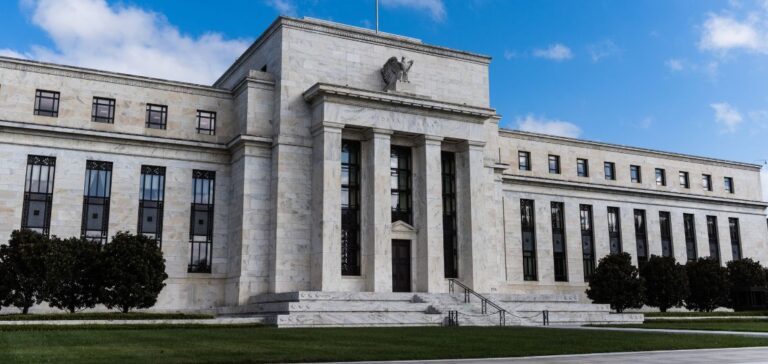Oil prices started the week slightly higher on Monday, after the previous week’s losses. This slight upturn is explained by hopes of a recovery in Chinese demand and questions about future Fed rate hikes. Around 11:30 GMT (12:30 in Paris), the barrel of Brent for April delivery rose by 0.57% to $83.47, while its U.S. equivalent, the barrel of West Texas Intermediate (WTI) for March delivery, rose by 0.52% to $76.74.
Fed key rates worry investors
Oil prices lost over 4% last week, weighed down by expectations that the US Federal Reserve (Fed) would raise key interest rates to combat inflation. The market rebounded slightly on Monday, however, in a session marked by low trading volumes due to a US bank holiday, a sign of the lack of consensus among investors on the future course of central bank monetary policies.
For Tamas Varga, analyst at PVM Energy, “those betting on a Fed rate cut this year have had to think again”, with inflation holding out better than expected. Investors are concerned about the possibility of a Fed rate hike, which could weigh on oil demand.
Encouraging signs for China
Investors are also waiting for a definitive signal that Chinese growth is picking up, as the country is the world’s biggest importer of crude oil. The reopening of the country since early December, when China abandoned the last vestiges of its strict zero-covid health policy, is an encouraging factor for the oil market. Investors are hoping for a return to pre-pandemic crude consumption levels.
Western sanctions against Russia tighten oil balance
Finally, Tamas Varga points out that “the oil balance will tighten in a few months’ time” due to the Western sanctions imposed on Russia, particularly on its crude oil and petroleum products. The US and its allies should also focus on preventing sanctions evasion and circumvention, and disrupting the support Russia receives from third countries, according to DNB analysts.






















